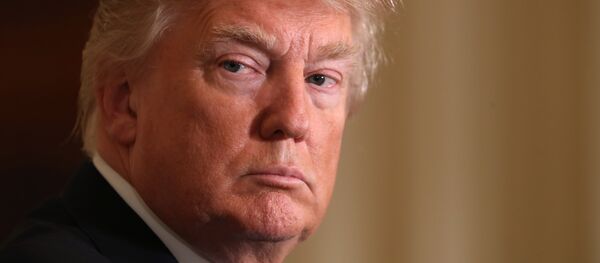The new memo from the Office of Management and Budget provides guidance for federal agencies on how to enforce the new regulations. Certain products are to be maximized as American-made procurements: aluminum, cement, iron and steel.
Another section of the memo instructs the agencies to limit exemptions, curbing the use of waivers that allow for foreign procurements. The Trump White House is also considering a new set of restrictions on imports of aluminum and steel, the Washington Post reported.
Because the DoD is a federal department, President Trump has a good deal of sway over their policy without having to worry as much about Congress or a court impeding his initiative. "This is an area where the president's hand is very strong and he has a lot of authority to make policy," said Andrew Hunter, a procurement expert at the Center for Strategic and International Studies.
The laws in question are on the books, but hail from the time of FDR. The 1933 Buy American Act requires the Pentagon to only purchase domestically produced products over $100,000 in value, although the president can waive the Act in many situations. The 1941 Berry Amendment gives preference to domestic manufacturers of food, clothing, fabrics, and some metals in defense acquisitions.
While ostensibly these protectionist policies should make for a US military fed, clothed and equipped with American-made goods, the many exceptions to Buy American contradict this ethos.
The Pentagon buys from foreigners quite frequently, acquiring both raw materials like fuel and complex components like airframes from abroad. In addition, many contracts violate the Buy American law due to administrative errors or a lack of familiarity with the law. The Trump administration has vowed to close "every single Buy American loophole."
Some have expressed concerns that these little-enforced laws from the Great Depression could harm the American economy. "We're now involved in a global supply chain," said Chris Taylor, the CEO of market research firm Govini. "In the 1930s, when the Buy American Act was passed, we weren't at all."
"Foreign governments now have a lot more foreign alternatives in (aerospace and defense) than they once did," said Bill Greenwalt, the Deputy Undersecretary of Defense Industrial Policy under George W. Bush. "This renewed focus on Buy American will not be good for US manufacturing jobs if our allies begin to look elsewhere."




